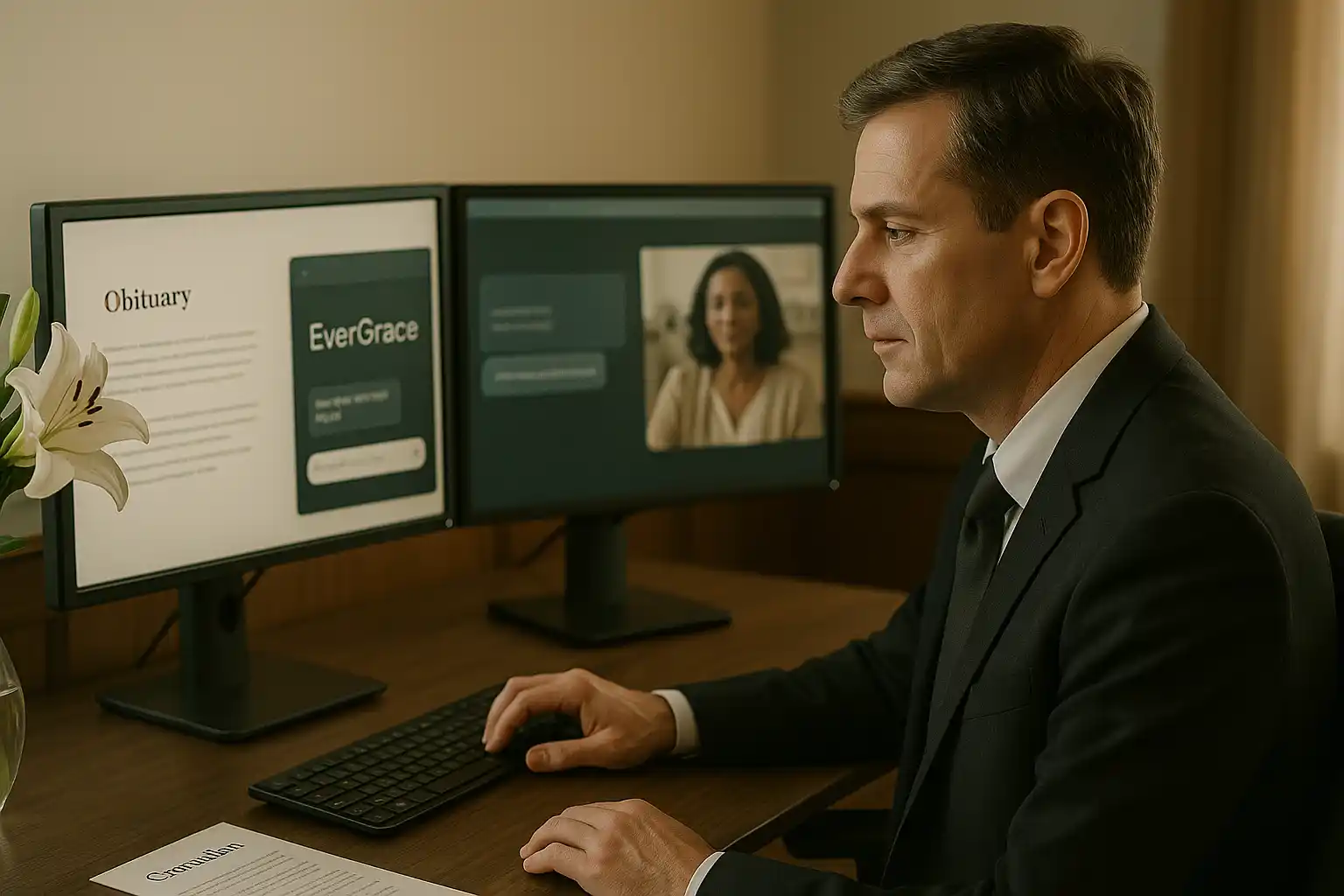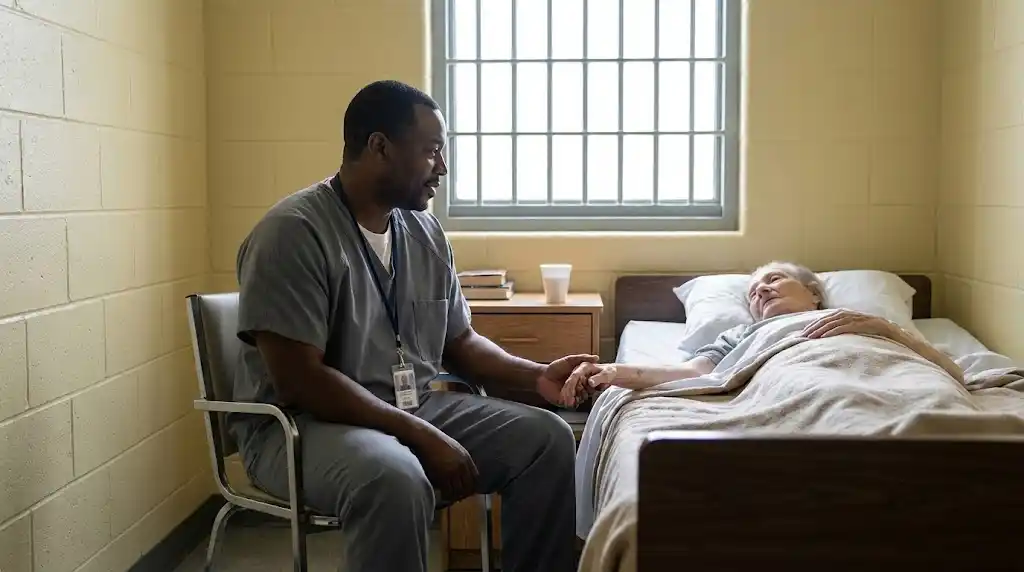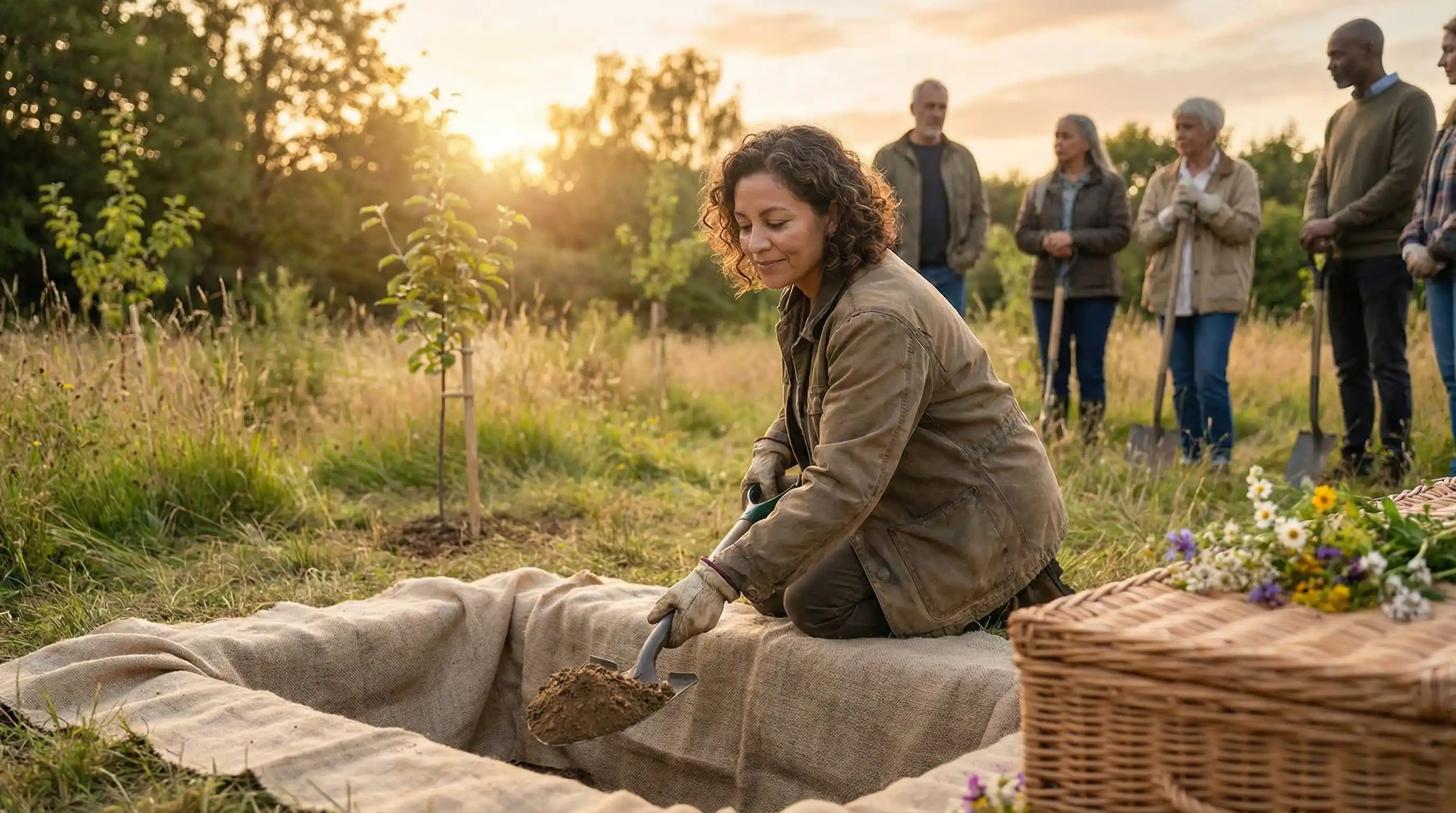Honoring Our Pets: Navigating End-of-Life Care and Saying Goodbye
For many of us, pets are more than just animals—they are family. They are our companions, our emotional support, and often our most trusted confidants. But just like any family member, their journey on this earth is finite. The challenge of making end-of-life decisions for our pets is one of the hardest aspects of pet ownership. Understanding how to navigate this stage with dignity and love is crucial for both the pet and the owner.

About This Blog
For many of us, pets are more than just animals—they are family. They are our companions, our emotional support, and often our most trusted confidants. But just like any family member, their journey on this earth is finite. The challenge of making end-of-life decisions for our pets is one of the hardest aspects of pet ownership. Understanding how to navigate this stage with dignity and love is crucial for both the pet and the owner.
Dr. Faith Banks, DVM, CHPV, a hospice veterinarian and founder of Midtown Mobile Veterinary Hospice Services, is one of the leading voices advocating for compassionate, at-home end-of-life care for pets. In a recent episode of the Death and Dying in the Digital Age, she shared profound insights into the emotional, ethical, and practical aspects of pet hospice and euthanasia, offering guidance to pet owners on making informed and loving choices when the time comes to say goodbye.
Understanding Hospice Care for Pets
Hospice care for pets is a relatively new concept, but it follows the same principles as human hospice care: prioritizing comfort, dignity, and quality of life over curative treatment. As Dr. Banks explains, hospice care is particularly important for aging pets or those with terminal illnesses. It provides families with the opportunity to ensure their pets live their remaining days as comfortably as possible.
Veterinary hospice care often includes:
Pain management
Mobility assistance
Dietary support
Environmental modifications to ease discomfort
Emotional preparation for both pets and owners
One of the most valuable tools Dr. Banks provides to pet owners is a quality-of-life scale. This scale helps families objectively assess their pet’s well-being based on factors such as appetite, mobility, anxiety, and interaction with their environment. By tracking changes over time, owners can make informed decisions about when euthanasia may be the most compassionate option.
The Emotional and Ethical Weight of Euthanasia
The decision to euthanize a beloved pet is never easy. It brings up a mix of emotions—grief, doubt, guilt, and sometimes even relief. As Dr. Banks poignantly states, "Better a month too early than a day too late." Waiting until a pet is suffering significantly can be more painful for both the pet and the owner.
The process of euthanasia itself is designed to be peaceful. Dr. Banks and other hospice veterinarians aim to provide a "good death"—which is the literal meaning of euthanasia in Greek—by ensuring that pets pass away in a stress-free and pain-free environment. Many owners find comfort in at-home euthanasia services, allowing their pets to be surrounded by loved ones in a familiar setting rather than in a clinical office.
The Importance of Ritual and Memorialization
Rituals help us to process, and this is just as true for pet loss as it is for human loss. Whether it’s a burial in a beloved backyard, a cremation ceremony, or preserving keepsakes such as fur clippings, paw prints, or even ashes turned into jewelry, creating a memorial helps honor the life and love shared with a pet.
Some families choose to prepare for their pet’s passing by celebrating their final days with special activities. This could include:
A "bucket list" of favorite treats and adventures
A final visit to their favorite park
A special meal filled with foods they love
Inviting close friends and family to say goodbye
These acts of love can provide comfort and closure for both the pet and the owner, helping to ease the transition.
The Role of Grief and Healing
Losing a pet can be devastating, and, as Dr. Banks highlights, some people even grieve their pets more than certain human relationships. The unconditional love and daily companionship they provide make their absence profoundly felt. Yet, societal attitudes toward pet loss often minimize the grief, making it harder for some people to seek the support they need.
For those struggling with the loss of a pet, pet bereavement groups can offer a compassionate space to share their experiences. Many hospice veterinarians and organizations provide resources for coping with grief, understanding the stages of loss, and finding ways to memorialize a pet meaningfully.
Additionally, it’s essential to recognize that everyone grieves differently. Some people find solace in getting another pet quickly, while others need time before opening their hearts again. There is no right or wrong timeline—only what feels right for the individual.
Preparing for the Inevitable: Estate Planning for Pets
One of the more practical yet often overlooked aspects of pet ownership is planning for their care in the event of the owner’s incapacity or death. In cases where a pet owner passes away or is unable to continue caring for their pet, having a clear plan in place is critical.
This includes:
Designating a caregiver
Setting up a pet trust for financial support
Creating an emergency contact list
Leaving detailed care instructions
These proactive steps can prevent pets from ending up in shelters and ensure they continue to receive the love and care they deserve.
The Ethics of Euthanasia and End-of-Life Decision-Making
Interestingly, Dr. Banks touched on a controversial topic—some pet owners facing terminal illness request their pets be euthanized alongside them. While this is not a widely accepted practice, it raises important ethical questions about autonomy, companionship, and what we perceive as humane treatment for animals. In such cases, rehoming should always be the first option explored, as many pets can go on to live happy, fulfilled lives in new homes.
A Final Message of Love and Compassion
Losing a pet is heartbreaking, but it is also an opportunity to show the depth of love we have for them by ensuring their final days are filled with comfort, dignity, and peace. Whether through hospice care, euthanasia, or memorialization, these acts of compassion allow us to say goodbye in a way that honors the unwavering love our pets have given us.
If you or someone you know is facing this difficult decision, take the time to explore available resources and speak with professionals like Dr. Faith Banks. Her work has helped countless families navigate this challenging journey with grace and understanding.
For more insights and a heartfelt discussion on pet hospice and end-of-life care, be sure to watch the full episode of the Death and Dying in the Digital Age on YouTube. Dr. Banks shares invaluable advice, touching stories, and practical tools to help pet owners make the best decisions for their furry family members.
Your pet has given you a lifetime of love—now is the time to return that love by giving them a peaceful, dignified farewell.
If something happened to you, would the people in your life know what to do? Don't leave your loved ones in the dark. Start developing your end-of-life and digital legacy plan. Download the My Final Playbook App on the App Store or Google Play or visit us online at Final-Playbook.Passion.io to get started. With My Final Playbook, you'll be able to start and learn how to organize your legal, financial, physical, and digital assets today. Until then, keep your password safe and your playbook up to date.
Related Blog
Duis mi velit, auctor vitae leo a, luctus congue dolor. Nullam at velit quis tortor malesuada ultrices vitae vitae lacus. Curabitur tortor purus, tempor in dignissim eget, convallis in lorem.





Comments